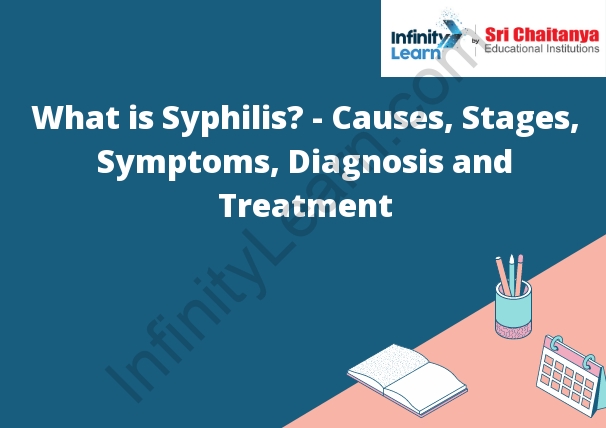Table of Contents
Syphilis Causes :
The cause of syphilis is a bacterium called Treponema pallidum. This bacterium is passed from person to person through direct contact with a sore on the skin or through contact with infected body fluids such as saliva, semen, or blood.
Syphilis is a sexually transmitted infection caused by the bacterium Treponema pallidum. It has been known since the sixteenth century. Untreated, it can damage the heart, brain, and other organs. It is passed from person to person through contact with an infected sore. Syphilis is treated with antibiotics.
There are three stages of syphilis: primary, secondary, and tertiary. The primary stage is the most infectious and is marked by a sore on the genitals, mouth, or anus. The secondary stage is marked by a skin rash, flu-like symptoms, and swollen lymph nodes. The tertiary stage can cause heart disease, paralysis, and death.
Most people who are infected with syphilis do not have any symptoms. It is important for people who are sexually active to be tested for syphilis regularly.

Syphilis Causes
Syphilis is a sexually transmitted infection caused by the bacterium Treponema pallidum. The disease has a long and varied history, dating back at least to the 1500s.
In syphilis, the bacterium invades the body, often through the genitals, and begins to multiply. The bacteria destroy tissue, which can cause sores to form on the skin. Syphilis can also damage the internal organs, including the brain, heart, and liver.
Syphilis is spread through contact with an infected person’s skin, mucous membranes, or blood. It can be passed during vaginal, anal, or oral sex. It can also be spread from an infected mother to her baby during pregnancy or childbirth.
Syphilis is diagnosed with a blood test. It is treated with antibiotics.
Syphilis Stages
There are four main stages of syphilis: primary, secondary, latent, and tertiary.
The primary stage is the first stage of syphilis. Symptoms of the primary stage include a painless sore (called a chancre) on the genitals, rectum, or mouth. The sore lasts for 3-6 weeks and heals on its own.
The secondary stage is the next stage of syphilis. Symptoms of the secondary stage include a rash on the body, fever, swollen lymph nodes, and fatigue. These symptoms usually last for 2-4 weeks.
The latent stage is the next stage of syphilis. This stage occurs when the person does not have any symptoms. The latent stage can last for years.
The tertiary stage is the last stage of syphilis. Symptoms of the tertiary stage include damage to the heart, brain, and other organs. These symptoms can occur many years after the person is infected with syphilis.
Signs and Symptoms of Syphilis
The signs and symptoms of syphilis can vary depending on the stage of the infection.
The early stage of syphilis may cause a painless sore (chancre) to develop on the genitals, rectum, or mouth. The sore may go away on its own, but if it does not, it can be treated with antibiotics.
Some people may also experience a rash, swollen lymph nodes, fever, or general ill-health.
The late stage of syphilis can cause serious damage to the heart, brain, and other organs. These problems may develop many years after the initial infection.
Syphilis Diagnosis
A diagnosis of syphilis is made by identifying the organism in a sample of blood, tissue, or cerebrospinal fluid. The bacteria that cause syphilis are very difficult to grow in the laboratory, so tests that use blood or tissue samples are most often used.
Syphilis Treatment
There are a variety of syphilis treatments available, depending on the stage of the disease. Early syphilis can be treated with antibiotics, such as penicillin, erythromycin, or doxycycline. More advanced cases may require intravenous antibiotics, such as penicillin G, or surgery.





